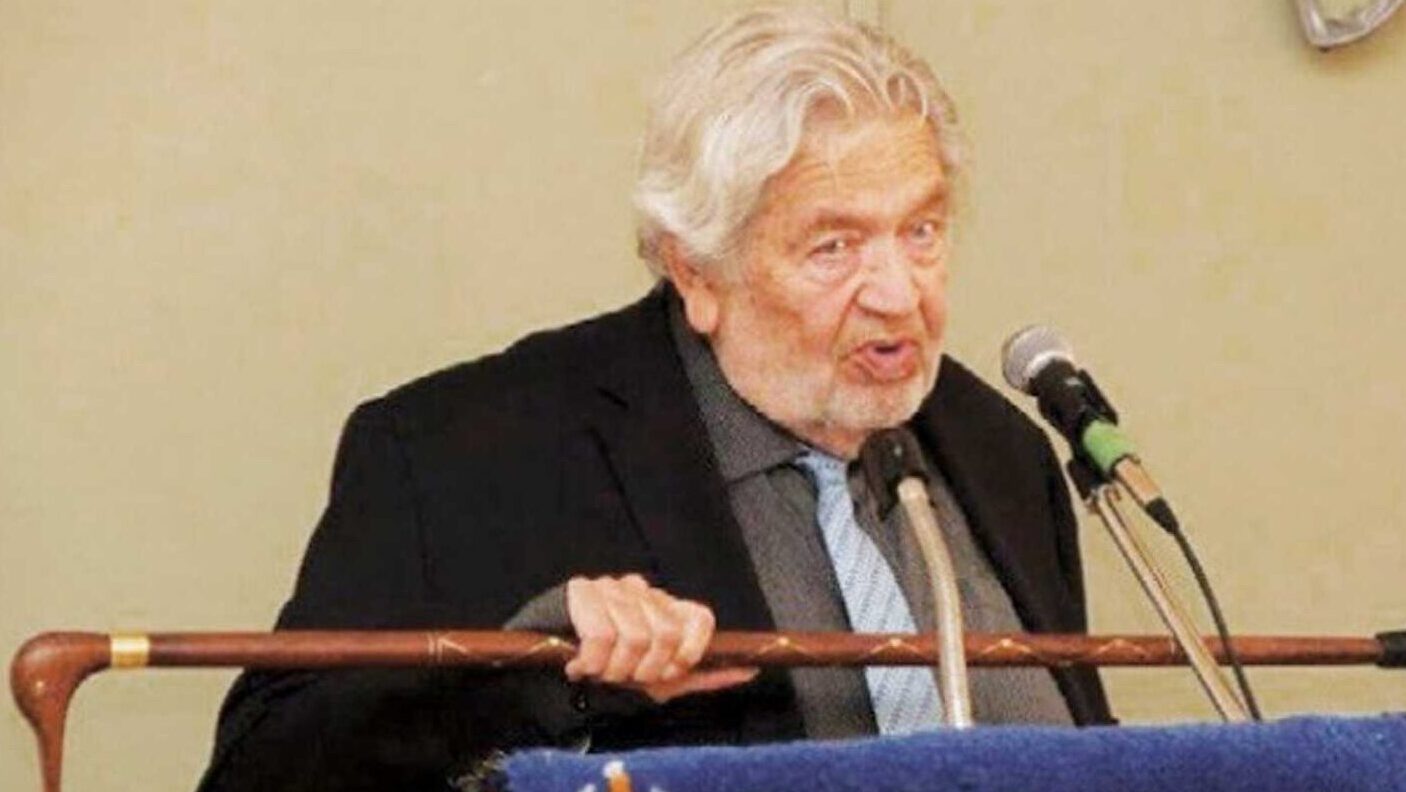In fact, Russians have not been told that the lukewarm receptiveness of Swedes and Finns towards NATO before the attack against Ukraine has gained tremendous momentum, showing that a clear majority in both countries are now eager to join the Alliance. A recent survey conducted by the Finnish Business and Policy Forum found that 60% of Finns support joining NATO, up from 34% one year ago.
(Perhaps a good indicator of how public sentiment has shifted since the onslaught against Ukraine, is the recent decision (a full 30 years after the Soviet Union collapsed) by the city of Turu to relocate a statue of Lenin from its city centre. The statue was a gift some 50 years ago by Estonian communist proxies of Moscow. Lenin statues still remain in other parts of Finland and their possible removal has generated lively public discourse, including suggestions that an explanatory plaque to them be added.)
Nevertheless, disregarding any change the Finns’ orientation, Putin has most likely already written the Kremlin’s narrative if the two Northern European countries decide to join NATO – that it wasn’t concern about the fragility of their national security, rather Finland was cajoled and coerced to apply for membership by the US and NATO.
In the meanwhile, he’s re-stocked his disinformation arsenal and ramped up the energy of his propaganda assault, targeting Finnish and Swedish decision-makers. His primary info-war weapons have been disinformation attempts to split societies and polarize debates over already contentious issues that threaten national security.
Finland’s Supo, its intelligence service, has identified three disinformation tactics that the Russians are using: blackmailing politicians, deep fake videos of ‘real people’ and accusations of harassment of local ethnic Russians. These aren’t new themes, but already fully tested in the Baltic states.
The narratives also include the raping and killing of civilians by troops of NATO member states, corruption within the NATO alliance and that NATO expansion poses a threat to Russia.
The last claim has been constantly echoed for years by many Kremlin-friendly websites in the West. This includes the Canada-based ‘globalresearch.ca’ portal, that is a full-fledged, full-time hyper-active proxy for Moscow, managed by a retired University of Ottawa professor, Michel Chossudovsky. (As I have mentioned many times previously, this far-left site accurately mirrors the pro-Putin and anti-vaccine stance of its far-right counterparts. Cozy bedpartners.)
The Russian disinformation campaign in Finland hasn’t created anything new in it’s current objective of halting the drive toward NATO accession. This past week Finnish social media carried a video of a train transporting military hardware to Tampere. Almost immediately stories were rampant of Finland deploying weaponry on its eastern border. The rumors were traced back to Russian propaganda sources. The military equipment was part of a long ago scheduled international exercise, Arrow, which was just commencing.
Russian media treats Finland as a Nazi-loving, Russia-hating nation where Hitler has become a cult figure. In Russian books with historical content, Finland should be thankful for its existence both to the Soviet Union and Russia.
Cyber assaults are also a weapon of choice in this Russian offensive. During Volodõmõr Zelenski’s online speech to the Finnish parliament, Internet connections were attacked, and Finnish foreign and defense ministries’ webs interrupted.
The last time Russian illegally entered Finnish airspace was in 2020. The last two weeks have witnessed two separate violations by Russian aircraft, one as deep as four kilometers, thus not a navigational miscalculation. Recently Izvestia reported that the Russian Duma is prepared to nullify the bilateral treaty which allows Finland to use the Saimaa canal as a transportation channel for goods shipped from eastern Finland. The treaty was to last till 2062. These are just a few of the influence methods Moscow has mustered to foment anti-NATO sentiment among Finns.
Anti-Swedish propaganda within Russia itself features bus-stop posters of Ikea founder Ingvar Kamprad, film director Ingmar Bergman and children’s book author Astrid Lindgren as neo-Nazis. Both Kamprad and Bergman had admitted that in the distant past they were both sympathetic to Nazis ideas. However historians say that references have been distorted and out of context. Ikea has recently closed its stores in Russia, Bergman was shocked when hearing about the Nazi concentration camps 80 years ago and Lindgren in 1940 said that she would rather shout ‘Heil Hitler’ than have Russians in Sweden. In fact, Lindgren’s relatives insist she was a committed anti-Nazi. Here, Russia is desperately grasping at straws.
The Swedish government has decided to hasten the return of the old ‘psychological defence’ agency which was dismantled at the end of the cold war in 2008. The decision to re-establish it was made in 2016, after the Russian annexation of Crimea and invasion of eastern Ukraine in 2014. Sweden witnessed a substantial increase in Russian disinformation and political interference thereafter.
While the upcoming Swedish election this fall will experience major Russian influence efforts, the revived agency will be committed to strengthening the “psychological resilience” of the population and its ability to identify interference by foreign states in freedom of opinion and interference.
Recognizing the increase in Russian influence activity, especially in the social media, the ‘psychological defence’ agency will have a staff of 45 and is expected to expand in protecting Swedish democratic institutions, the free formation of opinion, also the country’s unhindered right to decide its foreign alliances and its independence.
Moscow’s invigorated attempts at pushing disinformation and aiming cyber operations against Finland and Sweden won’t be tolerated. The countries fully understand their possible threat exposure and are mustering an effective defence. Will this be another major mis-calculation by Putin?




